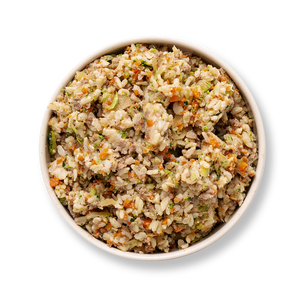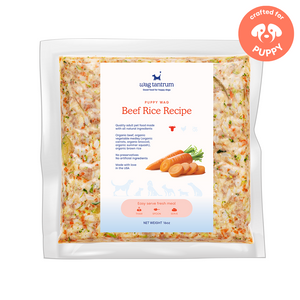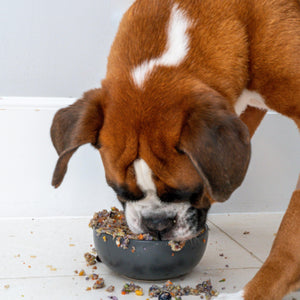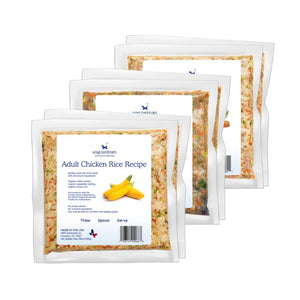Oh, No! My Dog Ate The Antifreeze!
Watching every morsel that goes into your precious pooch’s mouth is impossible and we are even more distracted during the holidays — just when special holiday decorations and foods are tempting our dogs to take a bite.
Poisoning is serious and can result in a very sick dog and even death. There’s a whole range of effects within your dog’s body including cardiac problems and organ failure.
So, if the unthinkable happens, what to do?
Has Your Dog Been Poisoned?
Poisoning symptoms vary depending on what your pooch has ingested and unfortunately there’s no one single. Some very common signs of poisoning include:
- diarrhea or blood in the stool
- vomiting or loss of appetite
- seizures or tremors
- behavioral changes (lethargy or hyperactivity)
- bruising or bleeding
- finding an unusual material in your dog’s stool
What To Do?
If you suspect poisoning take immediate action.
First stay calm and remove your dog from the area where the poison is found.
Take note of your dog’s situation and symptoms.
Contact your vet.
Check around and see if you can collect the poisoning item — it will help your vet figure out the best way to treat your dog.
Poison Hotlines
ASPCA Animal Poison Control Center (free) — available 24/7 — 888-426-4435
Pet Poison Helpline ($59 per call) — 855-764-7661
Treating Poisoning
Your vet will choose your dog’s treatment based on the substance encountered. That’s why samples are so important. If possible, take a photo of the substance or label on your phone. If you don’t know what poisoned your dog, be aware that your vet is not able to test for every possibility, but blood tests may help determine the source. Some poisons, such as antifreeze and certain rat poisons, have antidotes, so whenever that’s the case your vet will administer the antidote as soon as possible.
Your vet’s main goal will be to prevent any further absorption of the substance into your pet’s body. That might involve activated charcoal to absorb the poison from the stomach, the use of an enema (the injection of fluid into the lower bowel) to flush the digestive system, or gastric lavage (a tube passed into the dog’s stomach to introduce water) to wash out the inside of the stomach. Your vet might also use medication to encourage your dog to throw up, known medically as inducing emesis.








